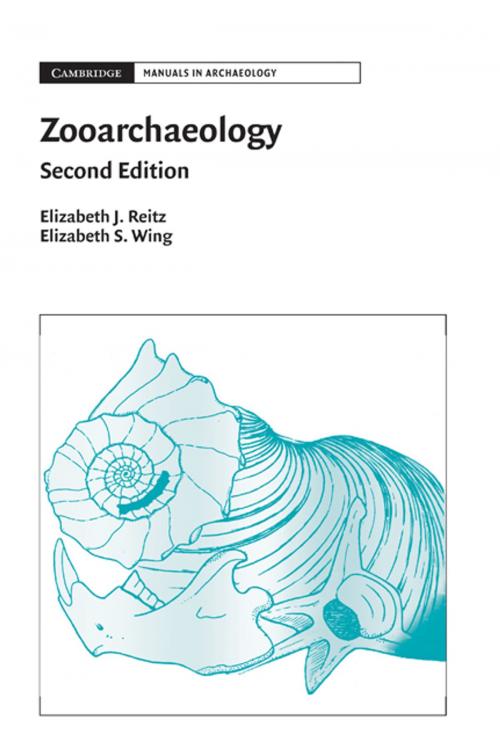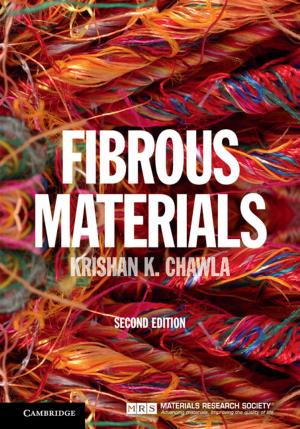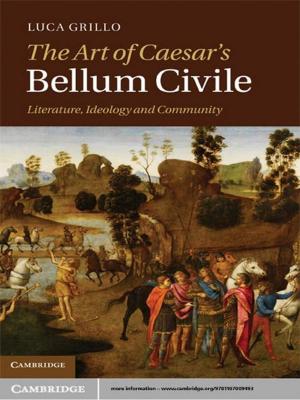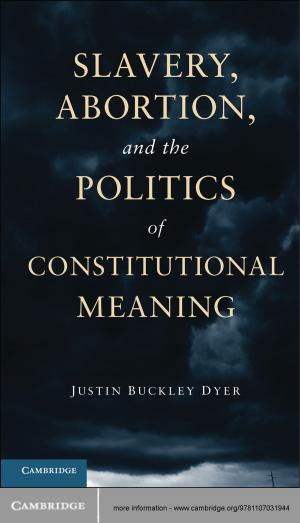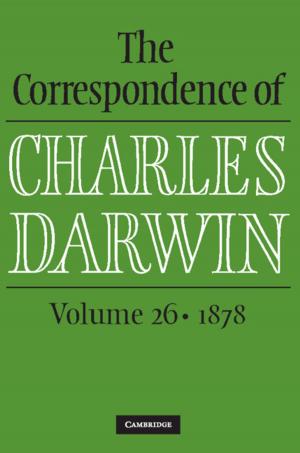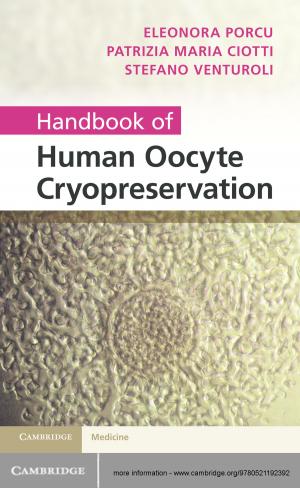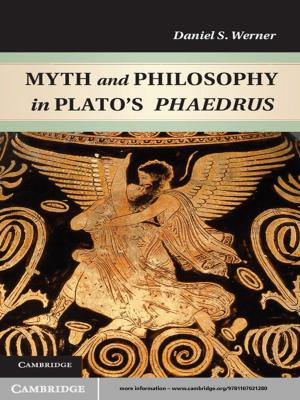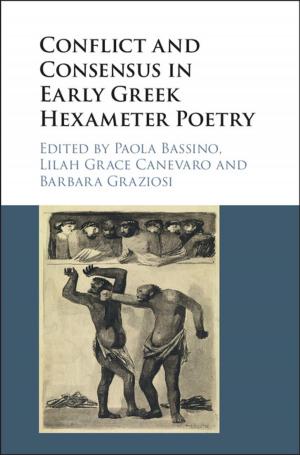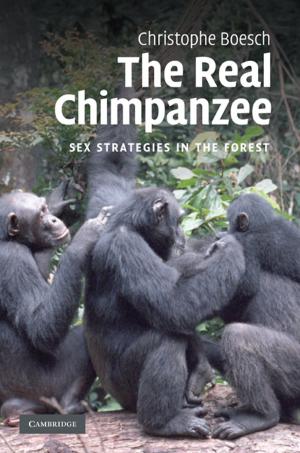Zooarchaeology
Nonfiction, Social & Cultural Studies, Social Science, Archaeology, Science & Nature, Science, History| Author: | Elizabeth J. Reitz, Elizabeth S. Wing | ISBN: | 9781107486447 |
| Publisher: | Cambridge University Press | Publication: | January 14, 2008 |
| Imprint: | Cambridge University Press | Language: | English |
| Author: | Elizabeth J. Reitz, Elizabeth S. Wing |
| ISBN: | 9781107486447 |
| Publisher: | Cambridge University Press |
| Publication: | January 14, 2008 |
| Imprint: | Cambridge University Press |
| Language: | English |
This is an introductory text for students interested in identification and analysis of animal remains from archaeological sites. The emphasis is on animals whose remains inform us about the relationship between humans and their natural and social environments, especially site formation processes, subsistence strategies, the processes of domestication, and paleoenvironments. Examining examples from all over the world, from the Pleistocene period up to the present, this volume is organized in a way that is parallel to faunal study, beginning with background information, bias in a faunal assemblage, and basic zooarchaeological methods. This revised edition reflects developments in zooarchaeology during the past decade. It includes sections on enamel ultrastructure and incremental analysis, stable isotyopes and trace elements, ancient genetics and enzymes, environmental reconstruction, people as agents of environmental change, applications of zooarchaeology in animal conservation and heritage management, and a discussion of issues pertaining to the curation of archaeofaunal materials.
This is an introductory text for students interested in identification and analysis of animal remains from archaeological sites. The emphasis is on animals whose remains inform us about the relationship between humans and their natural and social environments, especially site formation processes, subsistence strategies, the processes of domestication, and paleoenvironments. Examining examples from all over the world, from the Pleistocene period up to the present, this volume is organized in a way that is parallel to faunal study, beginning with background information, bias in a faunal assemblage, and basic zooarchaeological methods. This revised edition reflects developments in zooarchaeology during the past decade. It includes sections on enamel ultrastructure and incremental analysis, stable isotyopes and trace elements, ancient genetics and enzymes, environmental reconstruction, people as agents of environmental change, applications of zooarchaeology in animal conservation and heritage management, and a discussion of issues pertaining to the curation of archaeofaunal materials.
